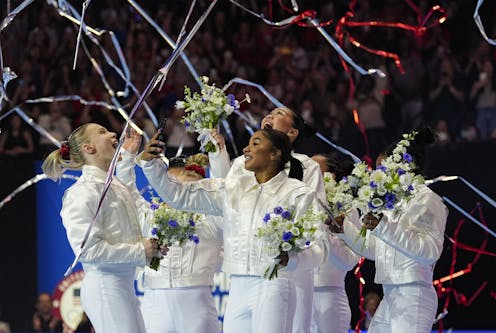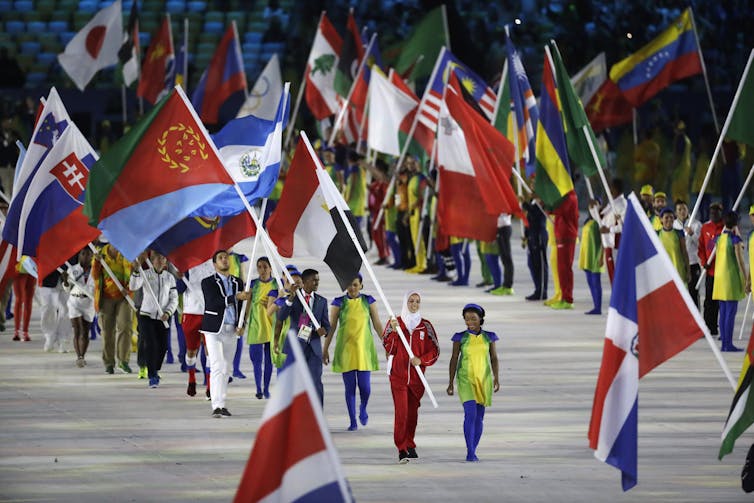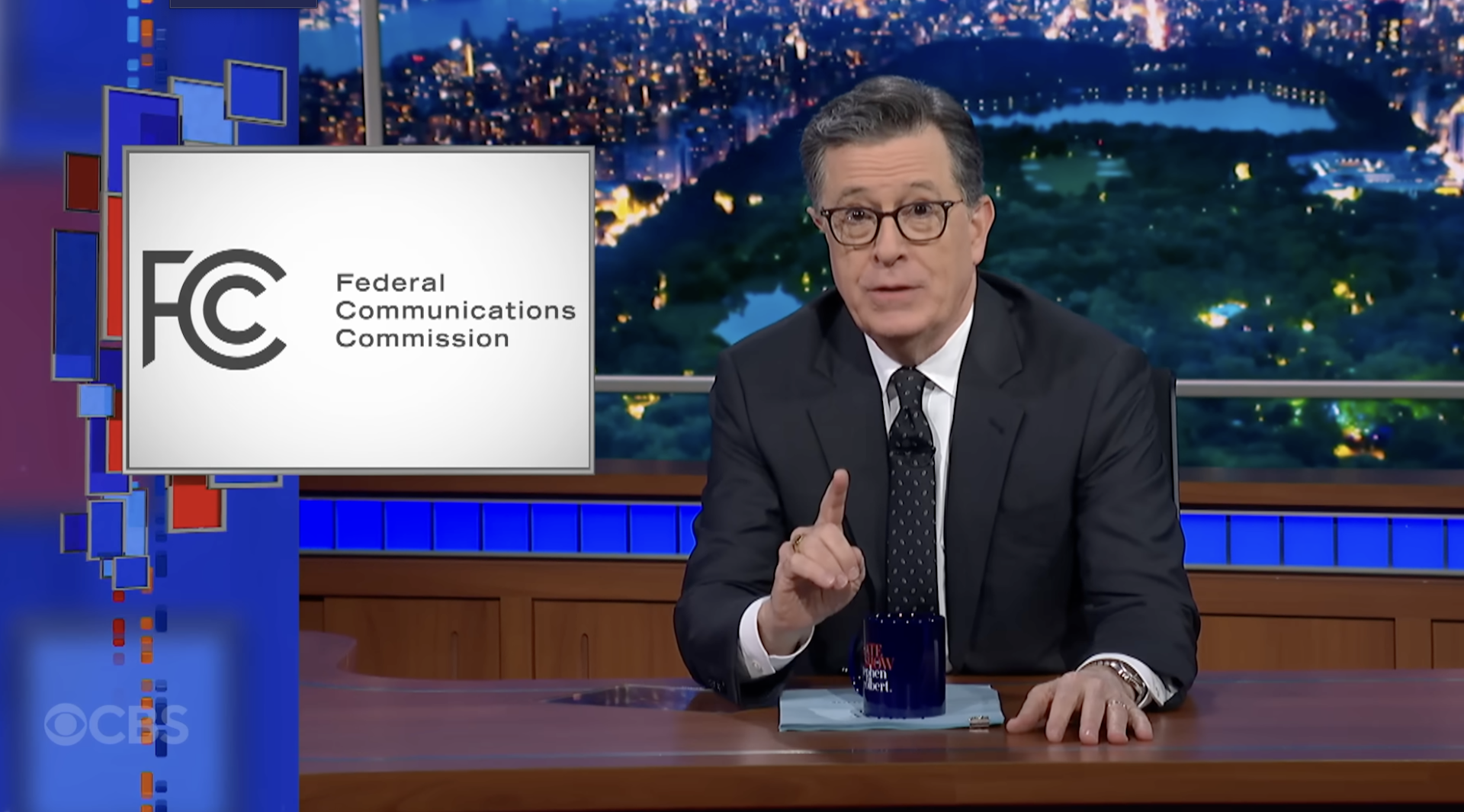Why the Olympic Games are a ‘civil religious’ ceremony with a global congregation
Sporting events form a vital space where Americans display their ‘civil religious devotion,’ according to a scholar of religion and sports.

Fans are getting ready to watch top athletes from around the globe compete in the 2024 Summer Olympics, which start in Paris on July 26. Accompanying the athletic events will be a display of patriotic symbols such as flags and team uniforms featuring countries’ colors. The host country will mark the Summer Olympics ceremonies with cultural events.
But why are people so drawn to the Olympic Games?
As a scholar who studies connections between religion and sport, I argue that this interest comes from what sociologist Robert Bellah called “civil religion,” or devotion to one’s nation-state as a form of religious allegiance.
Indeed, the entire Summer Olympics can be interpreted as a civil religious ceremony with a global congregation every four years.
What constitutes civil religion?
Focusing attention on civil religion within the United States, Bellah observed in 1967 that there were “certain common elements of religious orientation that the great majority of Americans share.” These elements included, but were not limited to, the moments when Americans belonging to different religious or nonreligious affiliations would gather for shared rituals and customs. The collective lighting of fireworks on the Fourth of July across the country is one such annual civil religious practice.
During these events, Americans often display their civil religious devotion under the guise of mere patriotic duty. Other shared rituals include watching the inauguration of an incoming president, whether in person or around a television. Some Americans may want to ensure that younger generations know the importance of “sacred texts” such as the Declaration of Independence, the Constitution, Abraham Lincoln’s Gettysburg Address and Martin Luther King Jr.’s “I Have a Dream” speech. There may be those who undertake “pilgrimages” to Washington, D.C., to view the national buildings and monuments.
Shared histories of the American Revolutionary War, Civil War and World War II are also key to civil religion. The idea that Americans’ ancestors gave their all for the survival of the country’s democratic experiment creates a common bond among citizens today.
Despite different religious beliefs, many Americans tend to unite around the notion that the American democracy is the best governmental option available today.
Traditional religious texts ground the American civil religion in important myths with a transcendent quality. In fact, Bellah argued, “American civil religion borrowed selectively from the religious tradition in such a way that the average American saw no conflict between the two.” In this way, American civil religion incorporated Christian and Jewish religious stories while also adding new sacred symbols and events.
Civil religion and sports
Sports stadiums form a vital space for Americans to express their civil religious affections. Many Americans proudly remove their hats, cover their hearts and honor the country as the national anthem plays at sporting events across the country.
For most Americans, opportunities to pledge their allegiance and perform their patriotism are relegated to civic duties such as voting, jury duty or paying one’s taxes. So sporting events are prime civil religious occasions to strengthen their emotional ties to their country.
Sometimes the civil religious fervor at sporting events is overt: Baseball and football games often include military flyovers and the unfurling of gigantic flags. The fact that kneeling during the national anthem has proven so controversial proves how seriously people treat civil religion.
In my 2024 book, “Religions and Sports,” I discuss the many ways that sports function like traditional forms of religion in providing belonging, bonding and belief. Yet, sporting events play a significant role in supplying people with a sacred arena for civil religious expressions. In other words, sporting spaces operate as sacred civil religious arenas.
The Olympics as civil religion

At the Summer Olympics every four years, people from across the globe rekindle their national allegiance through cheering for their country’s best athletes. Winning the gold, however, reflects much more than an individual athlete’s remarkable performance – having one’s national anthem played during a medal ceremony acknowledges and praises the collective strength of the entire country.
I believe the cosmopolitanism displayed in the opening ceremonies shows the supreme authority of today’s nation-state and the acceptance of this authority across the globe. In fact, many people tune in only for the festivities of the opening and closing ceremonies, which highlight civil religion.
The ancient Greeks organized the Olympic Games to demonstrate their devotion to Zeus and other deities. However, as Frank Kühn from the University of Mainz states, “The common faith in gods in Greek antiquity is now replaced by widely accepted patriotism.”
Terry Shoemaker does not work for, consult, own shares in or receive funding from any company or organization that would benefit from this article, and has disclosed no relevant affiliations beyond their academic appointment.
Read These Next
Crowdfunded generosity isn’t taxable – but IRS regulations haven’t kept up with the growth of mutual
Some Americans are discovering that monetary help they received from friends, neighbors or even strangers…
What is Bluetooth and how does it work?
Did you know that your wireless earbuds contain a tiny radio transmitter?
Meekness isn’t weakness – once considered positive, it’s one of the ‘undersung virtues’ that deserve
The word ‘meekness’ might seem old-fashioned – and not a positive trait. But understanding its…






